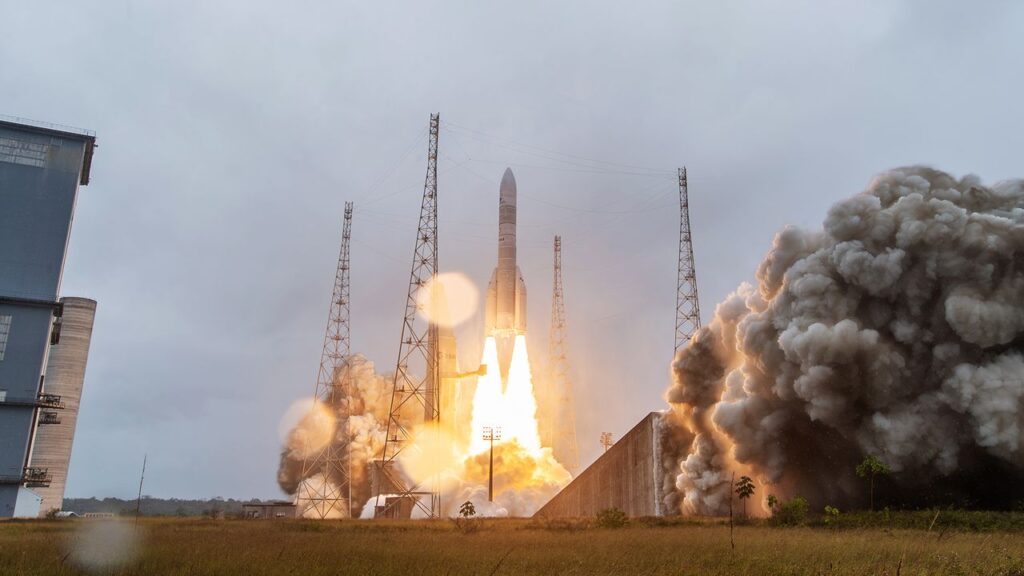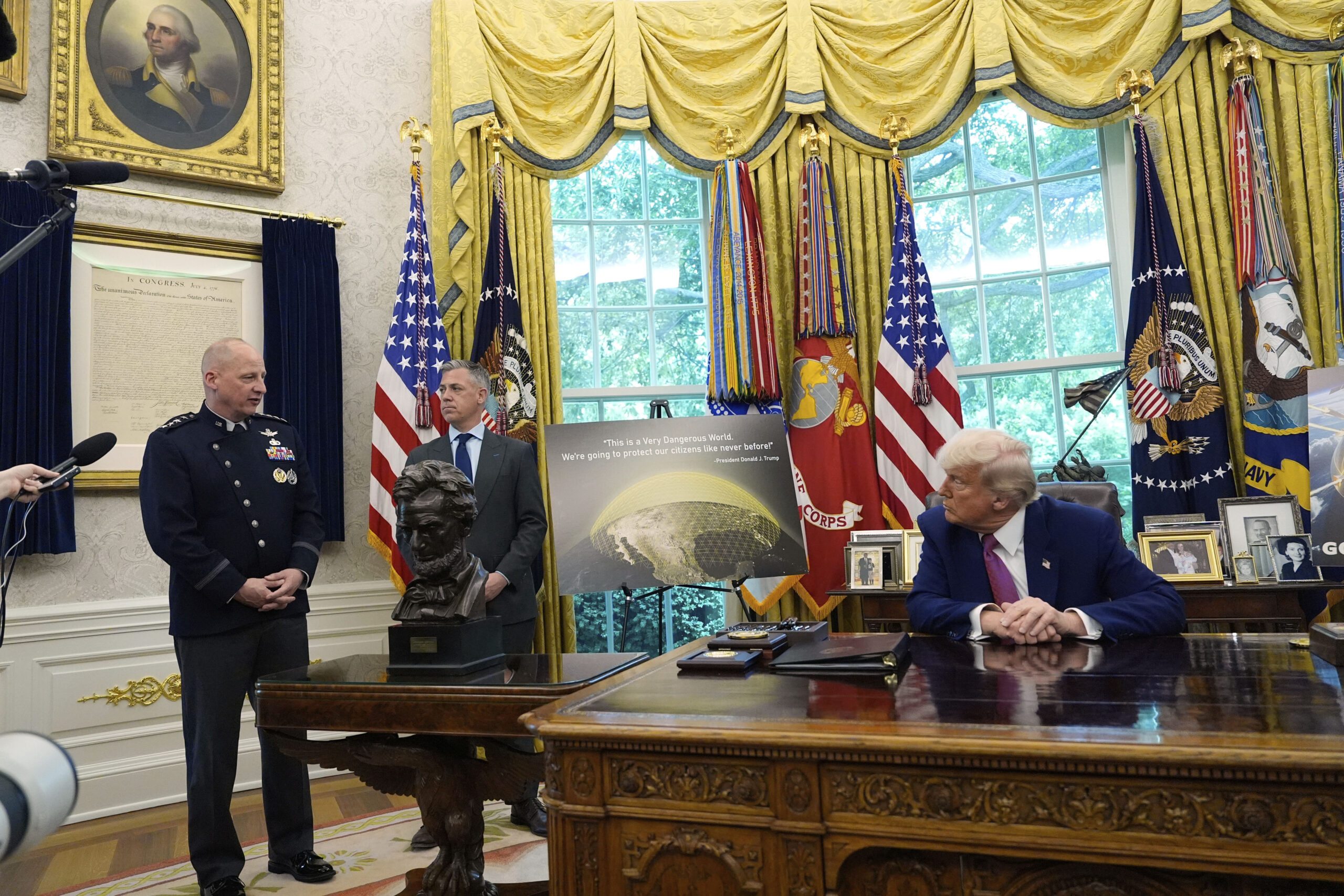
The European heavy-lift rocket, the Ariane 6, is scheduled to launch for the third time tonight, August 12, 2025, from the European Spaceport in Kourou, French Guiana. Liftoff is set for 8:37 p.m. EDT (9:37 p.m. local time in Kourou; 00:37 GMT on August 13). This mission promises to be a significant milestone for the rocket, which is designed to enhance Europe’s capabilities in space.
The Ariane 6 rocket, developed by Arianespace on behalf of the European Space Agency, had its initial test flight in July 2024. Its second flight took place in March 2025, successfully deploying a French spy satellite into orbit. Tonight’s mission will carry the Metop-SGA1 weather satellite, weighing approximately 8,900 pounds (4,040 kilograms).
Payload and Mission Objectives
The Metop-SGA1 satellite, built by Airbus Defence and Space, is the first of six planned satellites in the Metop Second Generation constellation. This satellite will provide valuable data on weather and climate, operating in a polar orbit approximately 500 miles (800 kilometers) above Earth. The deployment is expected to occur 64 minutes after liftoff.
According to the mission description provided by Arianespace, Metop-SGA1 will significantly enhance global observation capabilities. It will deliver high-resolution data concerning temperature, precipitation, clouds, winds, sea ice, aerosols, pollution, soil moisture, volcanic dust, and numerous other climate parameters. The satellite has an operational lifespan projected to last 7.5 years.
Arianespace’s Continued Contributions
Tonight’s launch marks the 355th flight for Arianespace, which has established itself as a leader in the space industry. Metop-SGA1 will be the 15th satellite launched for EUMETSAT and the 21st meteorological satellite the company has successfully deployed.
Arianespace’s ongoing efforts to innovate and expand its offerings come at a time when the demand for reliable and accurate weather data is increasingly critical. This launch not only underscores the importance of collaboration in international space endeavors but also highlights the advancements in technology that enable more precise monitoring of our climate.
As the world watches tonight’s launch, it is a reminder of the remarkable achievements in aerospace technology and the vital role these missions play in understanding and addressing global environmental challenges.







